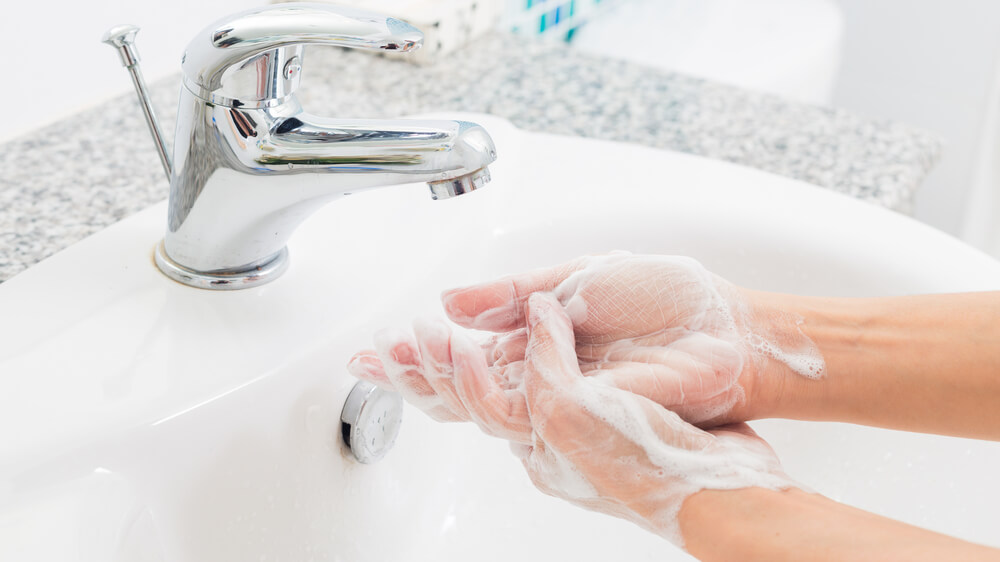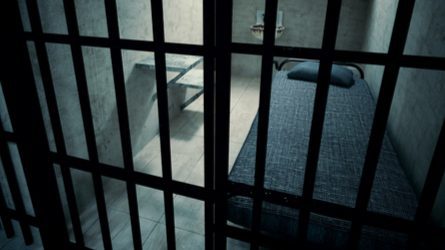Reminder: Non-Disabled People Aren’t the Only Ones Affected by COVID-19
The following post is part of our series on perspectives from disabled and chronically ill people regarding COVID-19. This post is not intended as medical advice.
In the midst of the COVID-19 pandemic, I’ve been staring at graphics that show how to wash your hands “properly.” I’m pretty sure my hands and wrists just don’t move like the graphics say they should. Have I been doing my best to follow the recommendations of the Centers for Disease Control and the World Health Organization? Of course. But it’s hard not to feel like a bad pandemic prepper when I can’t even do something as basic as washing my hands the “right” way. That’s just one example of how disabled people have been excluded from the messaging around the COVID-19 pandemic — exclusion that could very well lead to deaths.
“Wash your hands and you’ll be fine” seems to be the refrain, the magic bullet that will prevent us from getting COVID-19. But how are physically disabled people supposed to wash our hands when we can’t even get into a public bathroom? When we can’t reach a sink, or the soap dispenser, or the paper towel roll? How many of us are being exposed to even more germs because we need to touch things like grab bars and automatic door buttons? 30 years after the Americans with Disabilities Act passed, accessibility is no longer just a nice thing to have. It could mean the difference between life and death for many of us, especially those who are at more risk of complications from getting sick.
And yet, I’ve seen so many people, even some medical professionals, claim that only the elderly who have pre-existing medical conditions are at risk for serious complications. “If you have this virus, those are the people who should isolate from the elderly.” Dr. Jeremy Faust opined on CNN. Once again, disability and chronic illness are thought of as things only elderly people experience, and youth is correlated with health.
I’m young and I’m disabled. I have asthma. Many of my friends and loved ones are immunocompromised. When people say “only the elderly and those with pre-existing health conditions will have serious effects from the virus,” what they actually mean is “‘normal’ people don’t have to worry.” The system is not set up for disabled people, and during a pandemic, that’s even clearer.
I’m tired of COVID-19. But what I’m even more tired of is the way disabled people have been excluded from messaging around the pandemic. Many of us are the ones who should be the most worried, but media outlets, health agencies, and other leaders barely seem to acknowledge that we exist.
When you talk about COVID-19, remember this: disabled people are watching what you say. We’re subject to this pandemic too. We refuse to be your acceptable losses. We will not be collateral damage.
About Rooted In Rights
Rooted in Rights exists to amplify the perspectives of the disability community. Blog posts and storyteller videos that we publish and content we re-share on social media do not necessarily reflect the opinions or values of Rooted in Rights nor indicate an endorsement of a program or service by Rooted in Rights. We respect and aim to reflect the diversity of opinions and experiences of the disability community. Rooted in Rights seeks to highlight discussions, not direct them. Learn more about Rooted In Rights



